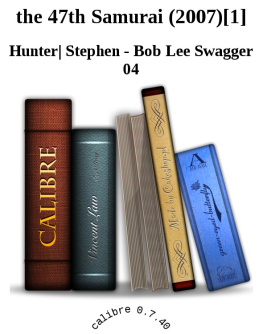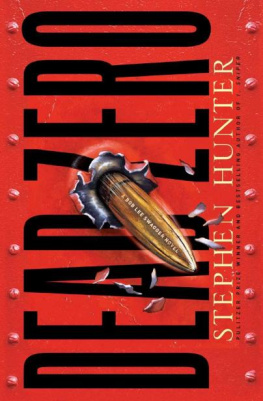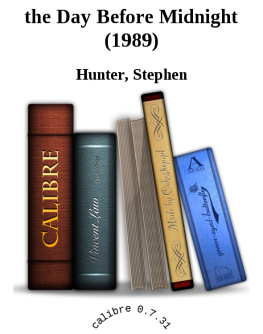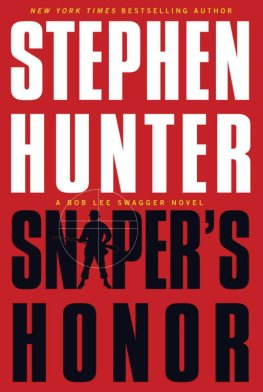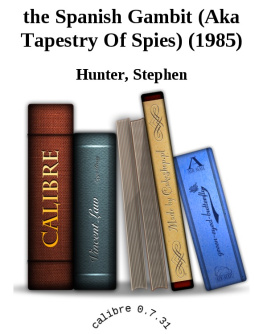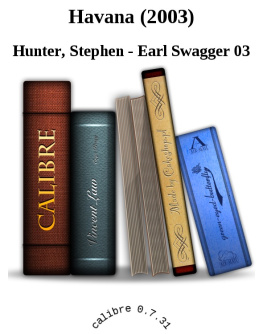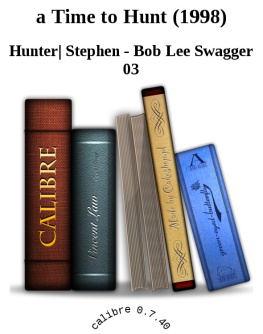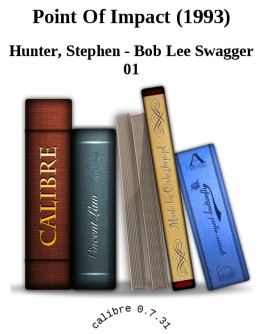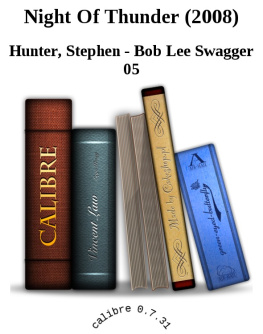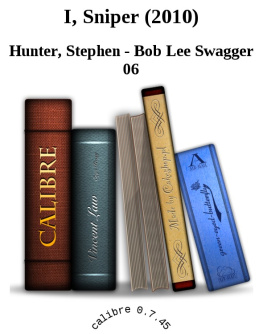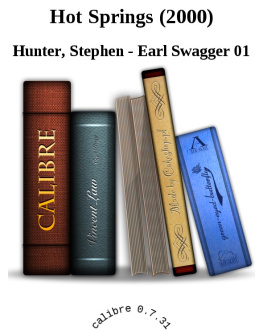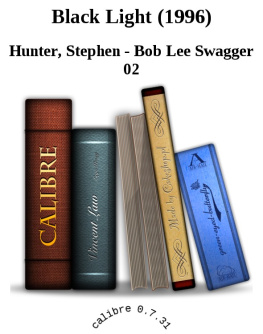ISLAND
SHOW A YEAR 20,SECOND MONTH , 21ST DAY
FEBRUARY 1945
A quiet fell across the bunker. Dust drifted from the ceiling. The burnt-egg stench of sulfur lingered everywhere.
"Captain?"
It was a private. Takahashi, Sugita, Kanzaki, Asano, Togawa, Fukuyama, Abe--who knew the names anymore? There had been so many names.
"Sir, the shelling has stopped. Does this mean they're coming?"
"Yes," he said. "It means they're coming."
The officer's name was Hideki Yano and he was a captain, 145th Infantry Regiment, 2nd Battalion, under Yasutake and Ikeda, attached to Kuribayashi's 109th Division.
The blockhouse was low and smelled of sulfur and shit because the men all had dysentery from the tainted water. It was typical Imperial Army fortification, a low bunker of concrete, reinforced over many long months, with oak tree trunks from what had been but was no longer the island's only oak forest, the sand heaped over it. It had three firing slits and behind each slit sat a Type 96 gun on a tripod, a gunner, and a couple of loaders. Each field of fire fanned away for hundreds of yards across an almost featureless landscape of black sand ridges and marginal vegetation. The blockhouse was divided into three chambers, like a nautilus shell, so that even if one or two were wiped out, the last gun could continue to fire until the very end. It was festooned everywhere with the latest imperative from General Kuribayashi's headquarters, a document called "Courageous Battle Vows," which summed up everyone's responsibilities to the Sphere.
Above all else, we shall dedicate ourselves to the
defense of this island.
We shall grasp bombs, charge the enemy tanks and
destroy them.
We shall infiltrate into the midst of the enemy and
annihilate them.
With every salvo we will, without fail, kill the enemy.
Each man will make it his duty to kill ten of the
enemy before dying.
"I am scared, sir," said the private.
"I am too," said Yano.
Outside, the captain's small empire continued. Six pits with Nambu guns in each, each gun supported by gunner, loader, and two or three riflemen flanked the empire to left and right. In further spider holes were martyrs with rifles. No escape for them; they knew they were dead already. They lived only to kill those ten Americans before they gave their lives up in sacrifice. Those men had it the worst. In here, no shell could penetrate. The concrete was four feet thick, riven with steel rods. Out there a naval shell from the offshore fleet could turn a man to shreds in a second. If the shell landed precisely, no one would have time for a death poem.
Now that the attack was upon them, the captain became energized. He shook off the months of torpor, the despair, the terrible food, the endless shitting, the worries. Now, at last, glory approached.
Except of course he no longer believed in glory. That was for fools. He believed only in duty.
He was not a speech maker. But now he ran from position to position, making sure each gun was properly cocked and aimed, the loaders stood ready with fresh ammunition strips, the riflemen crouched to pick off the errant demon American.
"Captain?"
A boy pulled him aside.
"Yes?" What was the boy's name? He could not remember this one either. But these were all good boys, Kagoshima boys, as the 145th was drawn from Kyushu, the home of Japan's best soldiers.
"I am not afraid to die. I am eager to die for the emperor," said the boy, a superior private.
"That is our duty. You and I, we are nothing. Our duty is all."
But the boy was agitated.
"I am afraid of flames. I am so afraid of the flames. Will you shoot me if I am engulfed in fire?"
They all feared the flamethrowers. The hairy beasts were dishonorable. They chopped gold teeth from dead Japanese, they bleached Japanese skulls and turned them into ashtrays and sent them home, they killed the Japanese not decently, with gun and sword--they hated the blade!--but so often from miles out with the big naval shells, with the airplanes, and then when they got in close, they used the horrible hoses that squirted flaming gasoline and roasted the flesh from a man's bones, killing him slowly. How could a warrior die honorably in flames?
"Or the sword, Captain. I beg you. If I burn, behead me."
"What is your name?"
"Sudo. Sudo from Kyushu."
"Sudo from Kyushu. You will not die in flames. That I promise you. We aresamurai! "
That wordsamurai still stiffened the spine of every man. It was pride, it was honor, it was sacrifice. It was worth more than life. It was what a man needed to be and would die to be. He had known it his whole life; he had yearned for it, as he yearned for a son who would live up to it.
"Samurai!"said the boy fervently, now reassured, for he believed it.
Able Company caught primary assault. It was simply Able's turn, and Charlie and Item and Hotel would offer suppressive fire and flanking maneuvers and handle artillery coordination, but it was Able's turn to go first. Lead the way. Semper fi, all that fine bullshit.
There was a problem, however. There was always a problem, this was today's: Able's CO was shaky. He was new to the 28th and rumors had it that a connected father had gotten his son the command. His name was Culpepper and he was a college boy from some fancy place who talked a little like a woman. It wasn't anything anybody could put a finger on, not homo or anything, he just wasn't somehow like the other officers. He was fancy, somehow, from fancy places, fancy houses, fancy parents. Was Culpepper up to it? Nobody knew, but the blockhouse had to go or Battalion would be hung up all day here and the big guns on Suribachi would continue to shatter the beachhead. So Colonel Hobbs assigned his battalion's first sergeant, Earl Swagger, to go along with Captain Culpepper that morning.
"Culpepper, you listen up to the first sergeant. He's old breed. He's been around. He's hit a lot of beaches. He's the best combat leader I have, you understand."
"Yes sir," said Culpepper.
The colonel drew Earl aside.
"Earl, you help Culpepper. Don't let him freeze, keep his boys moving. I hate to do this to you, but someone's got to get them boys up the hill and you're the best I've got."
"I'll get 'em up, sir," said Swagger, who looked like he was about 140 percent United States Marine Corps, chapter and verse, a sinewy string bean of a man, ageless in the sergeant way, a vet of the 'Canal, Tarawa, and Saipan and, someone said, Troy, Thermopylae, Agincourt, and the Somme. They said nobody could shoot a Thompson gun like the first sergeant. He'd fought the Japs in China before the war, it was said.
Swagger was from nowhere. He had no hometown, no memories he shared, no stories of the good old days, as if he had no good old days. It was said he'd married a gal last time home, on some kind of bond tour for the citizens back there, and everybody said she's a looker, but he never pulled pictures or talked much about it. He was all guile, energy, and focus, seemingly indestructible but one of those professionals with what some would call a gleam in his eye who could talk any boy or green lieutenant through anything. He was a prince of war, and if he was doomed, he didn't know it, or much care about it.
Culpepper had a plan.
Swagger didn't like it.
"Begging the captain's pardon, it's too complicated. You'll end up with your people all running around not sure of what to do while the Japs sit there and shoot. I wouldn't break Able down by squads but by platoons, I'd keep a good base of fire going, and I'd get my flamethrowers off on the right, try and work 'em in close that way. The flamethrowers, sir, those are the key."

